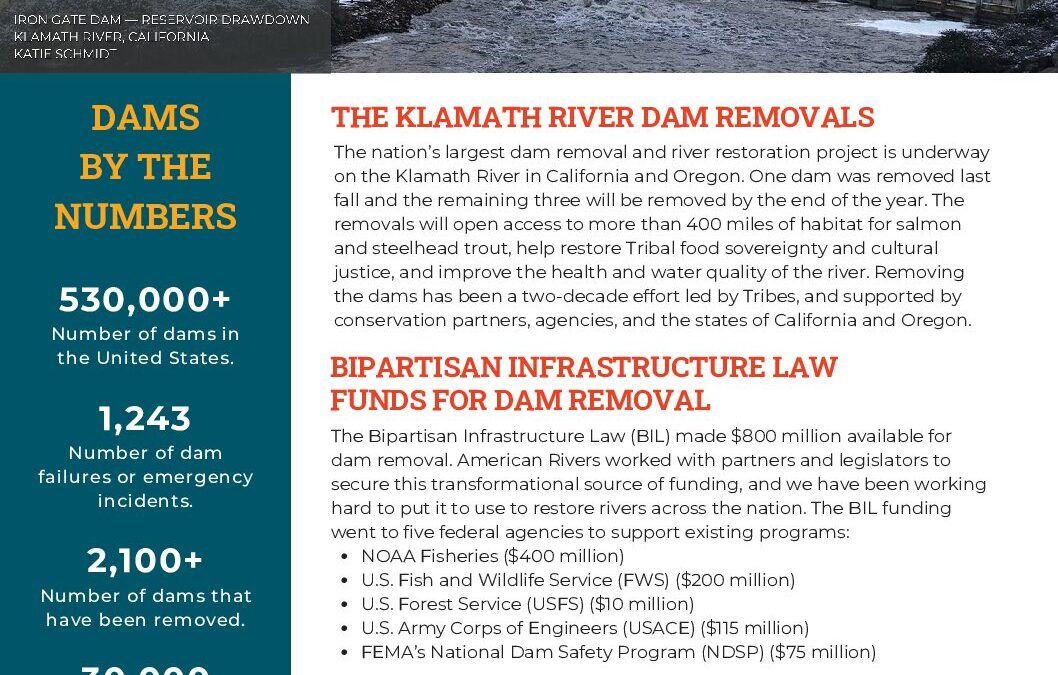
by American Rivers | Feb 9, 2024
Giddy smiles and stomping feet. We stood next to the Klamath River and watched muddy water rush out from the tunnel under the Iron Gate Dam. The twenty-degree weather couldn’t freeze out the excitement of our group; even as we tried to kick feeling back into our toes,...
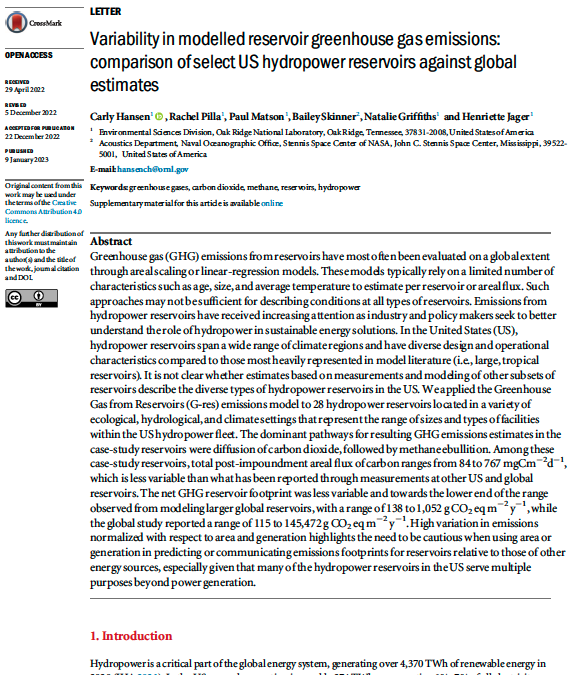
by Colleen McNally-Murphy | Jan 9, 2023
Abstract: Greenhouse gas (GHG) emissions from reservoirs have most often been evaluated on a global extent through areal scaling or linear-regression models. These models typically rely on a limited number of characteristics such as age, size, and average temperature...
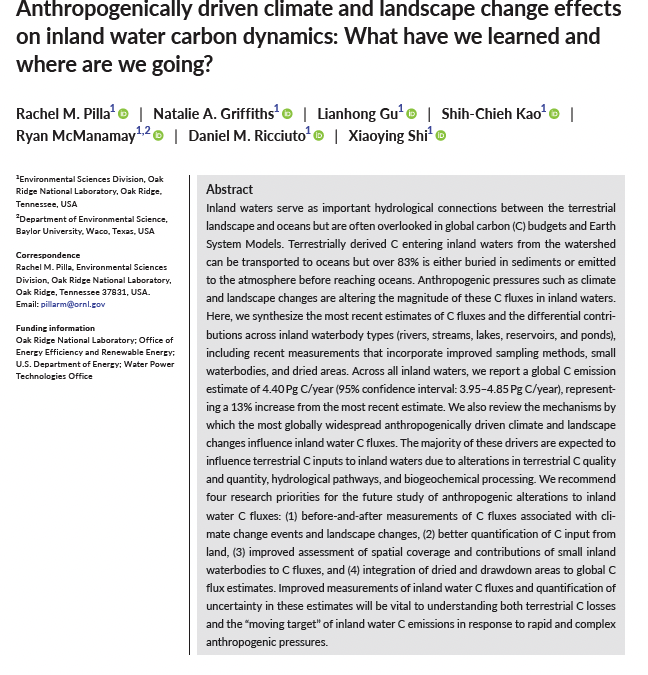
by Colleen McNally-Murphy | Jul 20, 2022
Abstract: Inland waters serve as important hydrological connections between the terrestrial landscape and oceans but are often overlooked in global carbon (C) budgets and Earth System Models. Terrestrially derived C entering inland waters from the watershed can be...
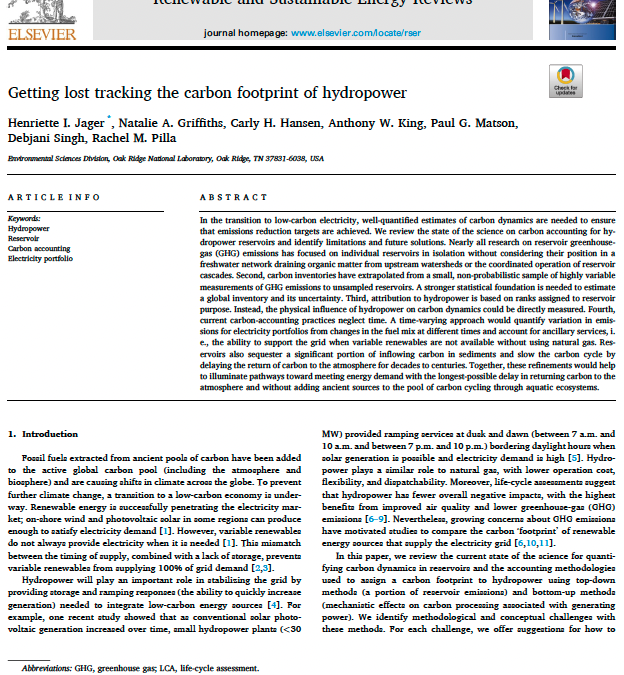
by Colleen McNally-Murphy | Jul 1, 2022
Abstract: In the transition to low-carbon electricity, well-quantified estimates of carbon dynamics are needed to ensure that emissions reduction targets are achieved. We review the state of the science on carbon accounting for hydropower reservoirs and identify...
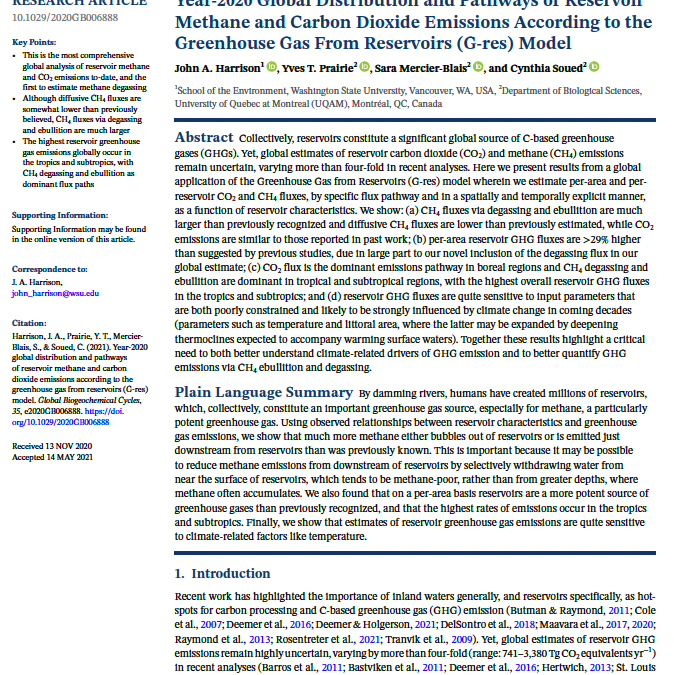
by Colleen McNally-Murphy | May 26, 2021
Abstract Collectively, reservoirs constitute a significant global source of C-based greenhouse gases (GHGs). Yet, global estimates of reservoir carbon dioxide (CO2) and methane (CH4) emissions remain uncertain, varying more than four-fold in recent analyses. Here we...






